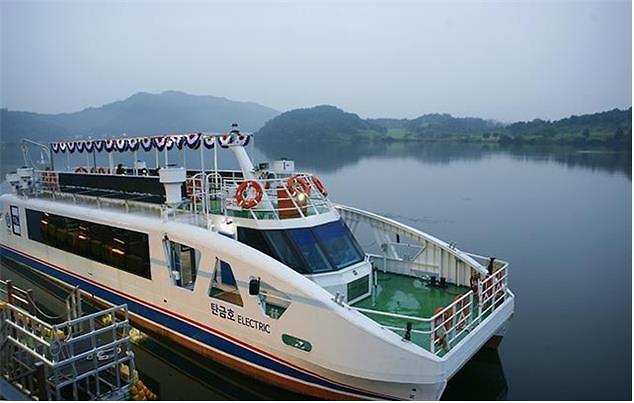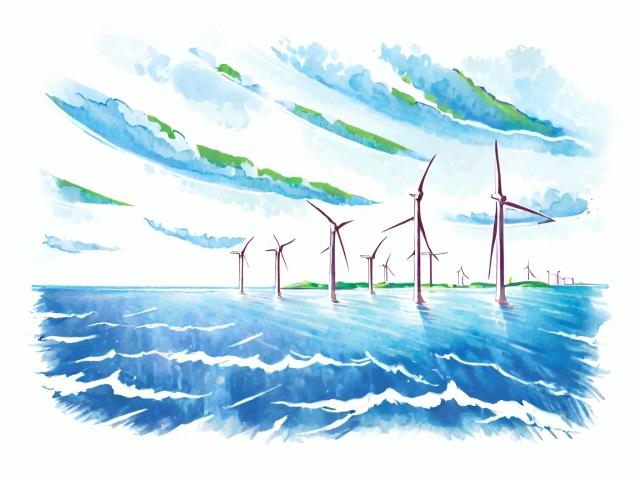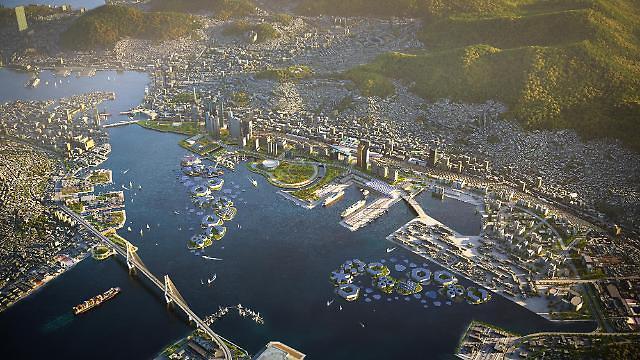
[Courtesy of the Ministry of Oceans and Fisheries ]
Through a 30-year roadmap to go drastically reduce the emission of carbon dioxide by marine vehicles, the Ministry of Oceans and Fisheries has been annually releasing blueprints designed to boost the development and adoption of clean energy vehicles since 2020. One of the main goals is to encourage local governments and administrative bodies to provide support to fishermen who wish to get an eco-friendly vessel through government funds.
The marine ministry said that some 320 billion won will be used to build 46 clean energy vehicles including 30 hybrid engine vessels and seven liquefied natural gas (LNG) in the public sector. 20 existing vessels will be equipped with a diesel particulate filter (DPF), a special device that filters microscopic air pollution substances also known as fine dust and particulate matter, to lower the emission of greenhouse gases.
The construction of eco-friendly ships will be encouraged in the private sector through subsidies worth up to 30 percent of the ship's price. 34.7 billion won will be invested to help private companies build 14 eco-friendly ships and pollution reduction devices for some 300 vessels. Demonstrations will take place to test the efficacy of electric-powered vessels and chargers.
"Because the carbon-zero movement is the main trend in the marine logistics industry, we will try very hard so that eco-friendly vessels are distributed efficiently," the marine ministry's maritime affairs and safety bureau head Hong Jong-wook said in a statement on January 30.




